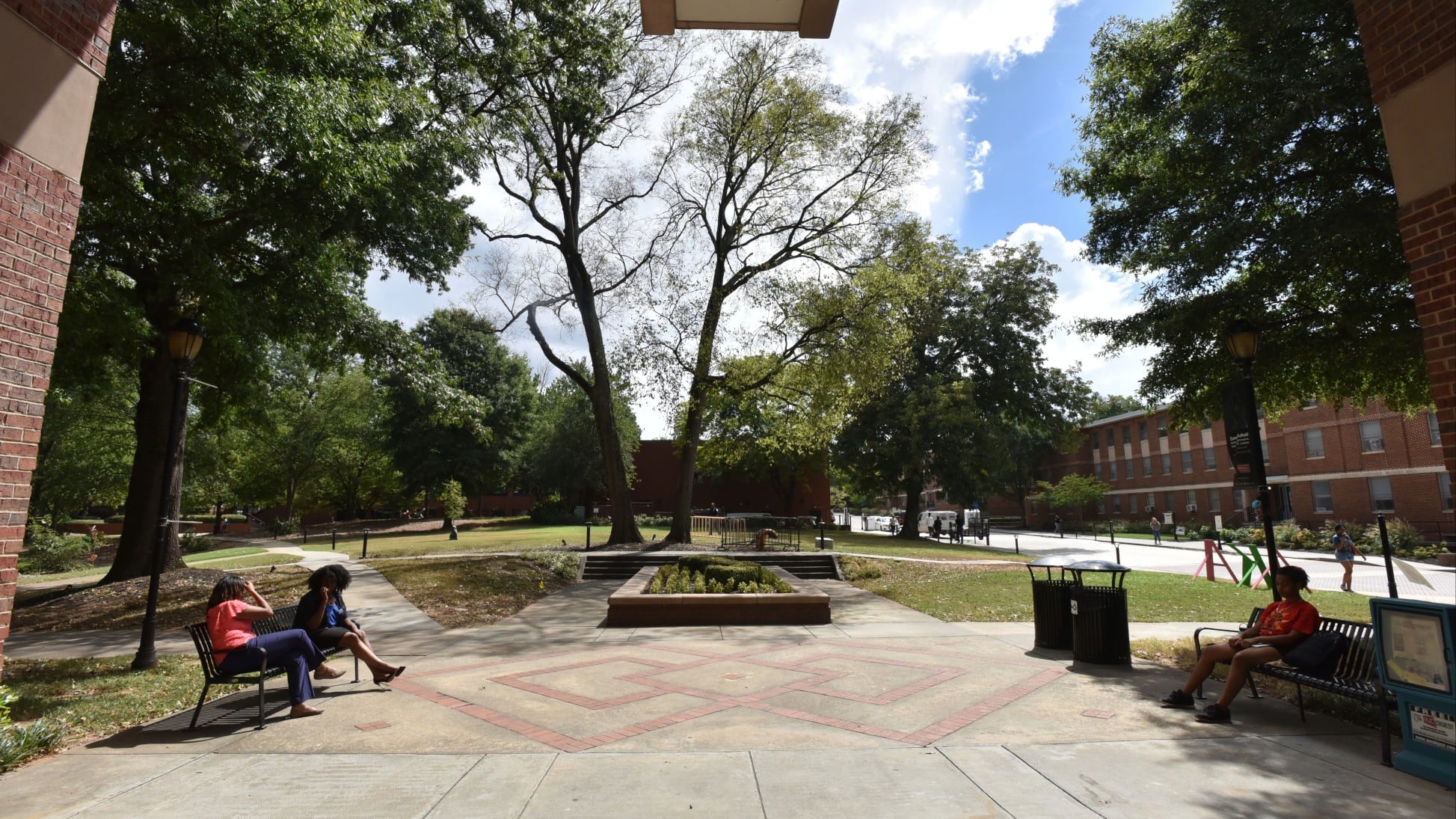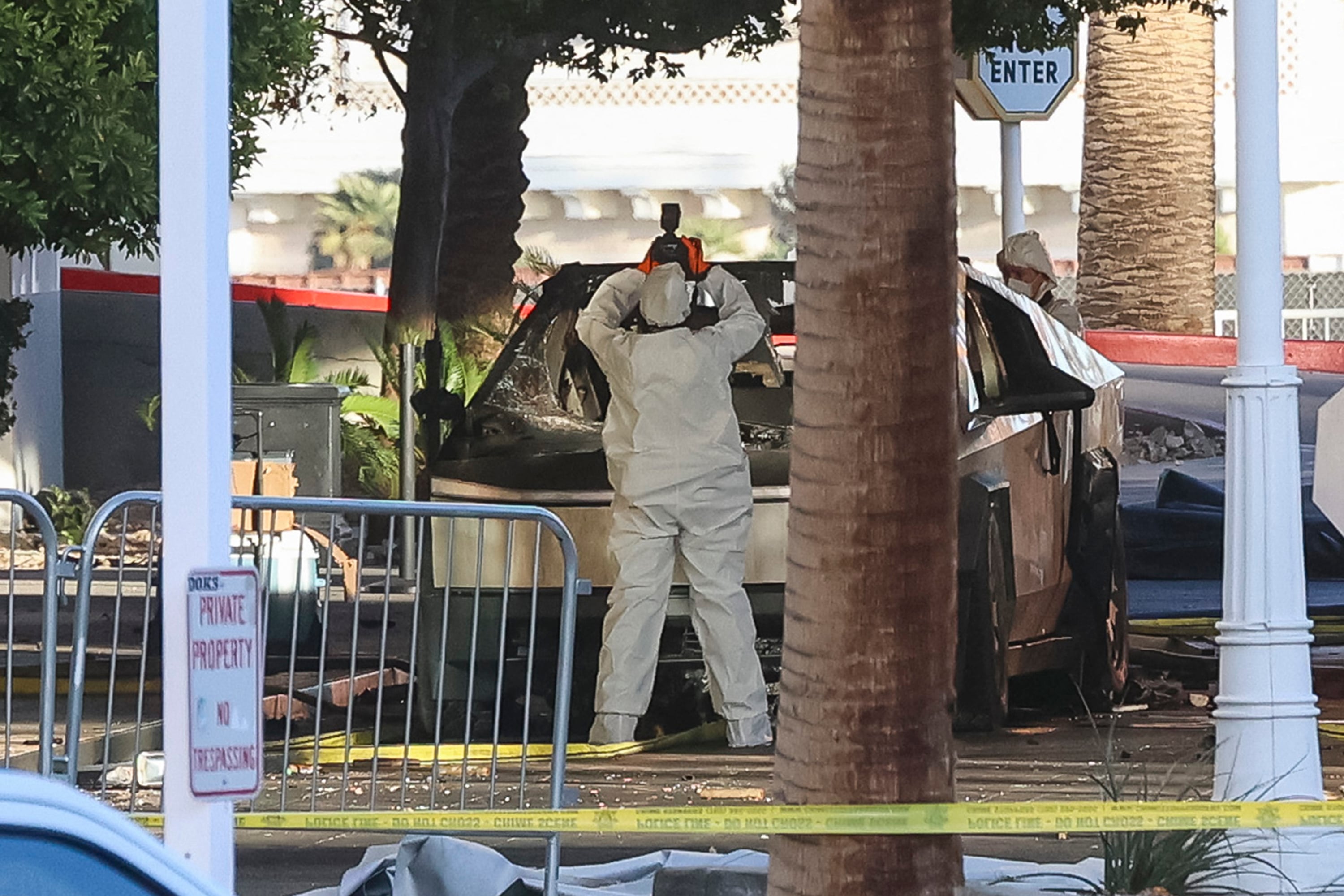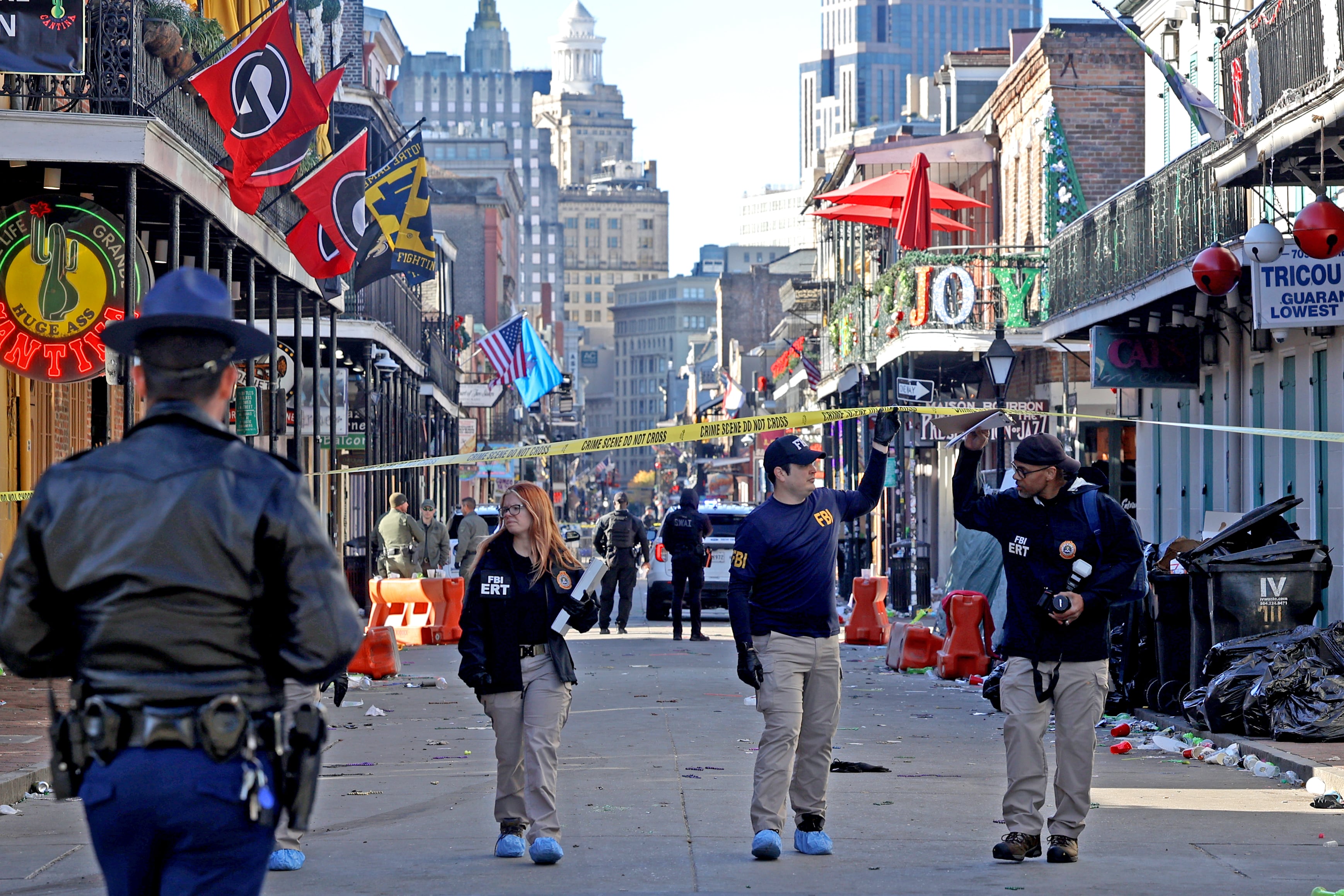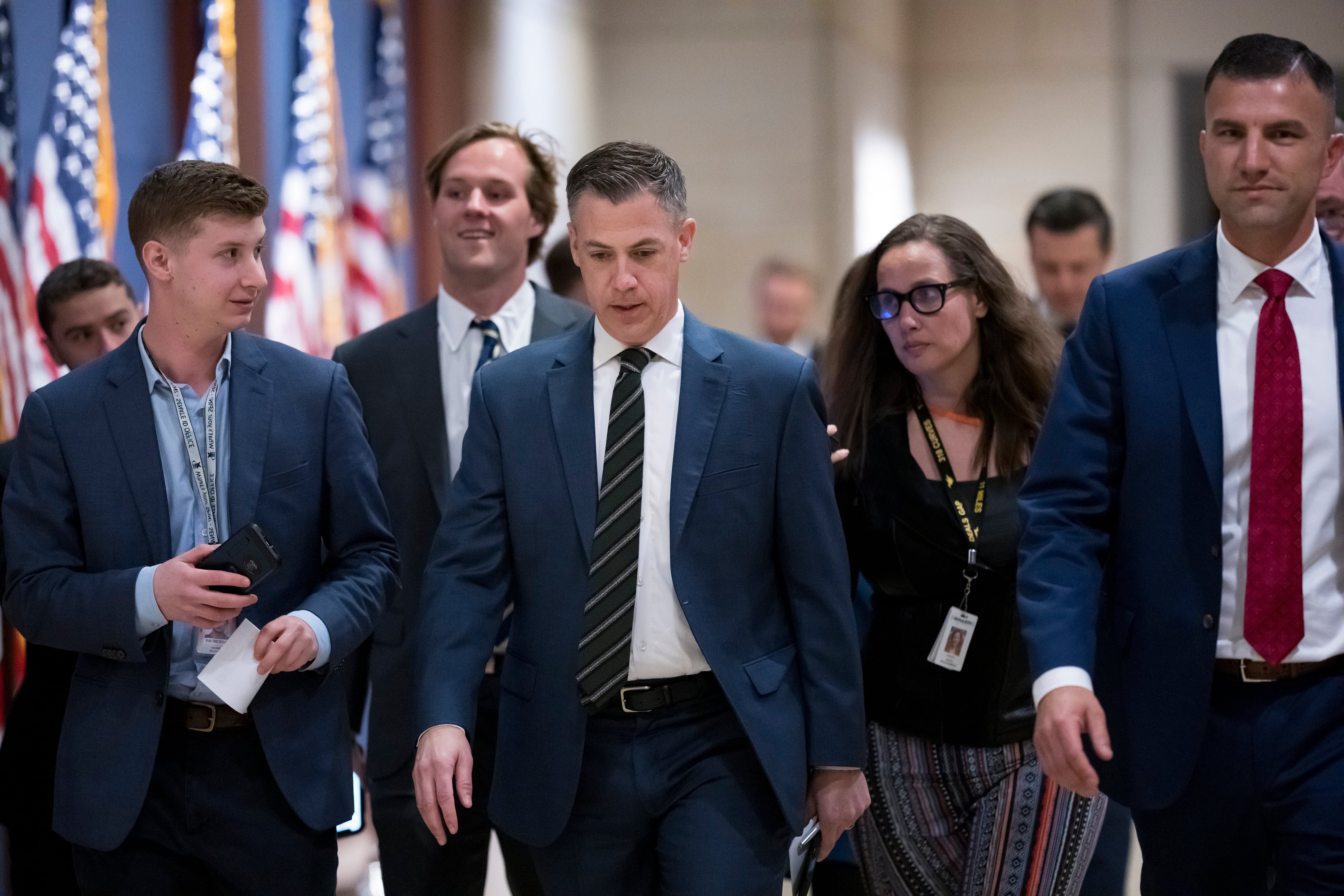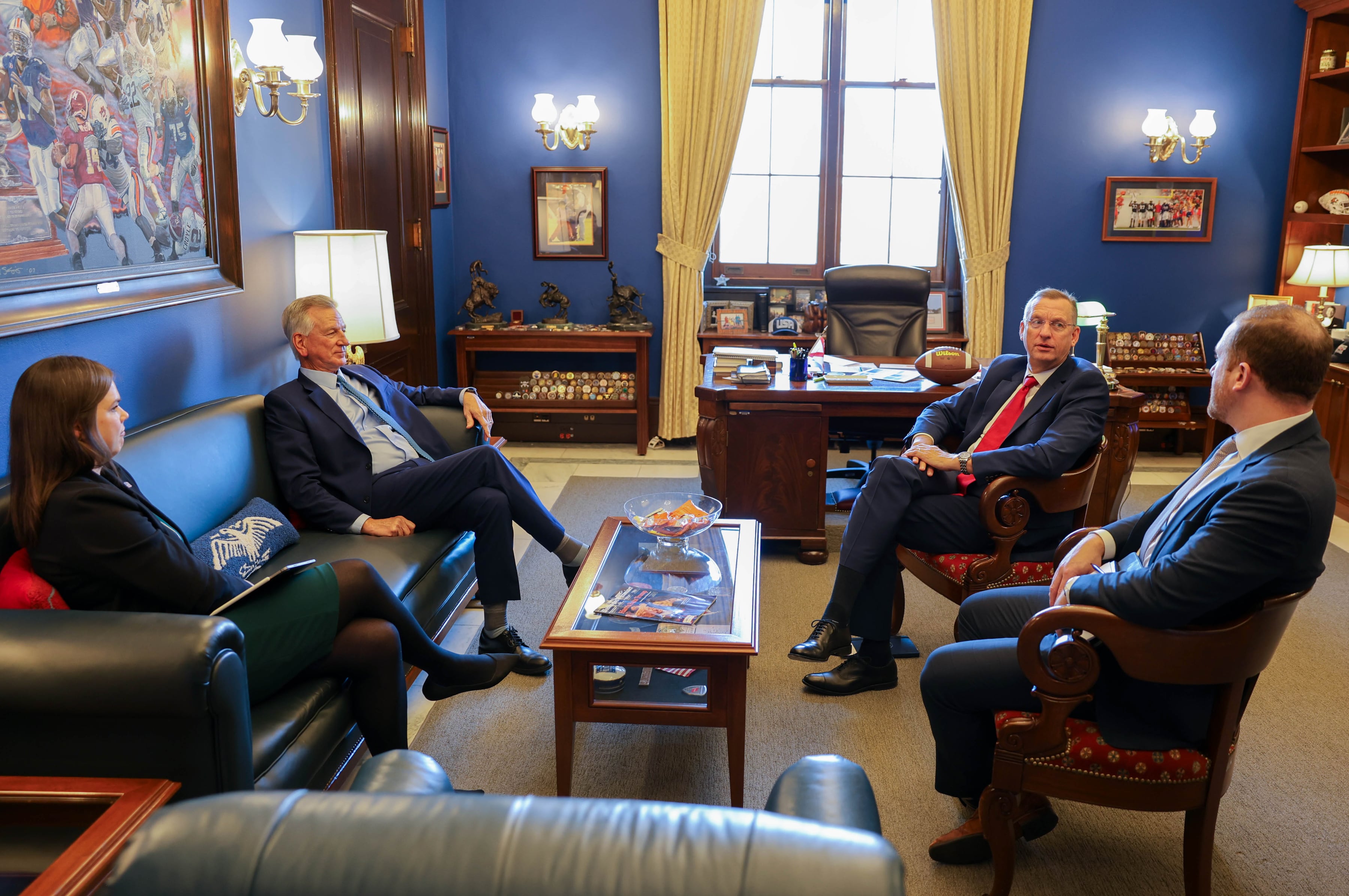BAGHDAD – Iraq’s prime minister-designate called Monday on the country’s numerous Shiite militias and tribes to come under government control and stop acting independently, as violence killed at least 58 people in areas where the Muslim sect dominates.
The comments by Haider al-Abadi came at his first press conference since accepting the nomination to be Iraq's next prime minister, underlining how he is attempting to address the worries of the country's Sunnis, who say that Shiite militias are targeting them in religiously-mixed areas. He added that discussions between political rivals to form a new government were "constructive and positive."
"We will never allow any armed group to operate outside of the framework of the state," al-Abadi told reporters at the presidential palace in Baghdad's fortified Green Zone. "They all should be within the state framework and under the control of the security forces."
Several Shiite militias have answered a call by influential Iraq-based Shiite cleric Grand Ayatollah Ali al-Sistani, and outgoing Prime Minister Nouri al-Maliki, to support the Iraqi military, after large divisions fled rapidly advancing militants from the Islamic State group in the key northern cities of Mosul and Tikrit earlier this summer. A number of Sunni tribes also oppose the militant group.
Al-Abadi also expressed optimism that he will meet the Sept. 10 deadline to form a new government.
"Several meetings and dialogues were held with the political blocs to form a unified vision for our governmental program, he said. "The negotiations were generally positive and constructive. I hope we will agree to form a unified vision for the governmental program in the next two days."
Also Monday, separate attacks in several cities, including Baghdad, killed at least 58 people and wounded dozens in Shiite-majority areas.
Early Monday, a suicide bomber blew up an explosives-laden vest among Shiite worshippers leaving a mosque after noon prayers in the capital's eastern New Baghdad area, killing at least 15 and wounding 32 others, a police officer said. Later, police officials said two car bombs also tore through a busy commercial area near a crowded restaurant in the Utaifiya district of Baghdad, killing at least 15 people and wounding another 21.
In Karbala, an explosion killed 12 civilians and wounded 31 others. In Hillah, two car bombs went off in separate areas, killing 11 people and wounding 26 others.
In Baghdad's southern Dora district, a roadside bomb missed a police patrol but hit a civilian car, killing three and wounding 11 others, he added. Two other civilians were killed and 10 wounded in another bomb explosion in an outdoor market in the northern Shaab neighborhood, another police officer said.
Medical officials confirmed the causality figures, speaking on condition of anonymity as they were not authorized to release information.
Iraq has faced a growing Sunni insurgency as the Islamic State group and allied Sunni militants have taken over areas in the country's west and north. The crisis has worsened since June when the group declared an Islamic state, or caliphate, in territory under its control.
The United Nations on Monday condemned what it called "grave, horrific human rights violations" committed daily by the Islamic State and associated armed groups in a "widespread ethnic and religious cleansing in areas under their control."
Associated Press reporters Murtada Faraj and Vivian Salama in Baghdad contributed to this report.
Crisis in Iraq
Read all of our coverage of Iraq news here.
-----

